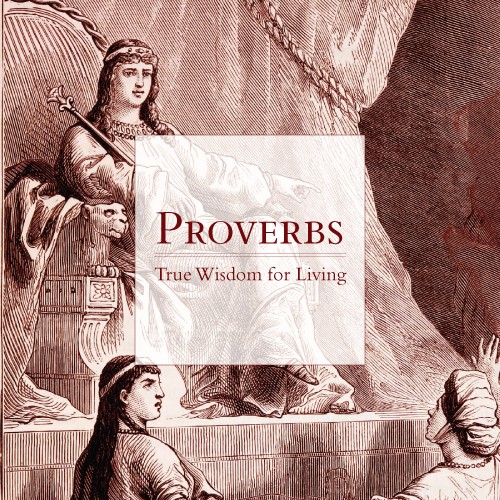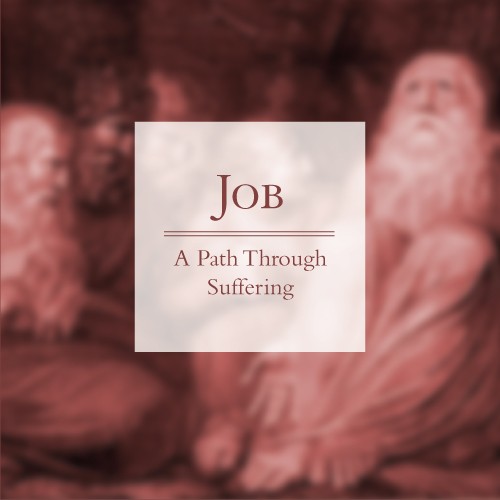
Sermon
Training in Wisdom
Tim Keller | September 19, 2004
Overview
It’s not good enough to be a person of vision, a person of high principle, a person of high moral values. Not if you’re not a person of wisdom.
Wisdom is knowing the right thing to do in the 80 percent of life situations to which the moral rules don’t apply. For most of our decisions, there are four or five different options, and they’re all moral. Which is the right one? We have decisions to make, and if we don’t make them wisely, we’re going to blow up our lives and the lives of people around us.
How do we get wisdom? Proverbs 3 shows us 1) the path of wisdom, 2) the process of wisdom, and 3) the man off the mountain.



